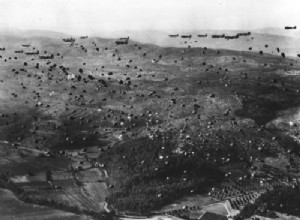The ruins of the castle of Engelbourg are located on a rocky peak at an altitude of 445 meters near the town of Thann, in the Alsace region. Travelers who approach the place are surprised by the presence of an imposing circular mass with a hole in the center, which is visible from several kilometers




